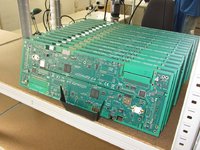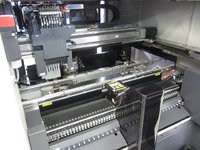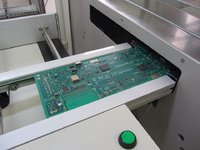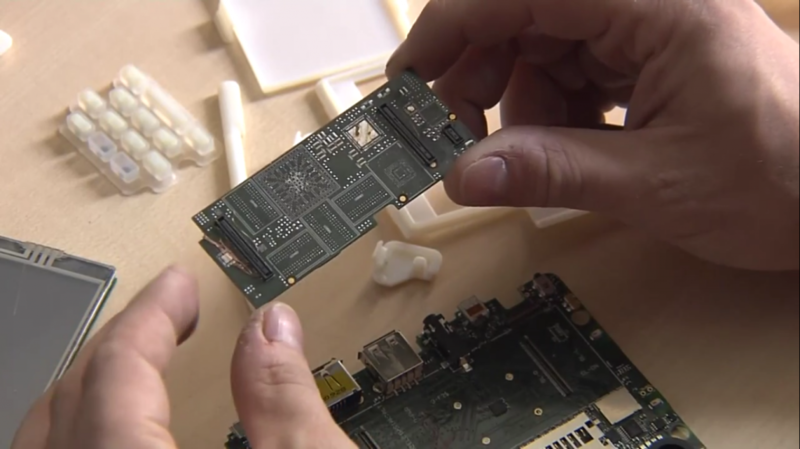Eight Bit
Hardcore Member
That youtube just confirmed what I already knew... It's just toy and it's experience has nothing to do with a C64...
On a brighter note...



All the connectors will still be mounted of course, Gideon said he asked the assembly line to stop so he could check the fpga before 100 boards were populated and all worked great so it's a go to continue!
[doublepost=1519343029,1519342698][/doublepost]Come to think of it... would an fpga cpu board be a possibility for the Pyra?
On a brighter note...



All the connectors will still be mounted of course, Gideon said he asked the assembly line to stop so he could check the fpga before 100 boards were populated and all worked great so it's a go to continue!
[doublepost=1519343029,1519342698][/doublepost]Come to think of it... would an fpga cpu board be a possibility for the Pyra?



